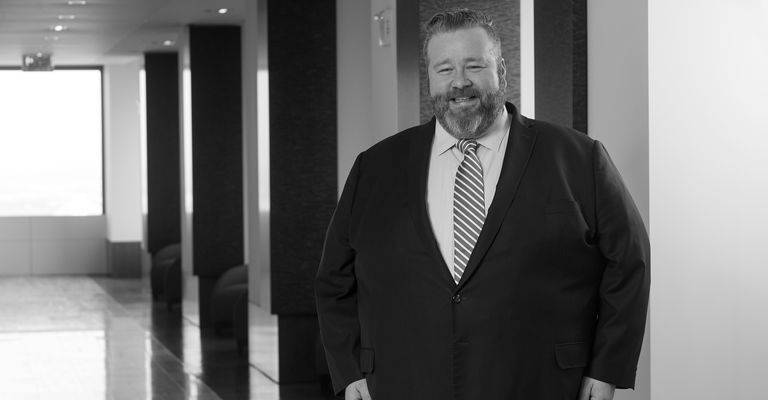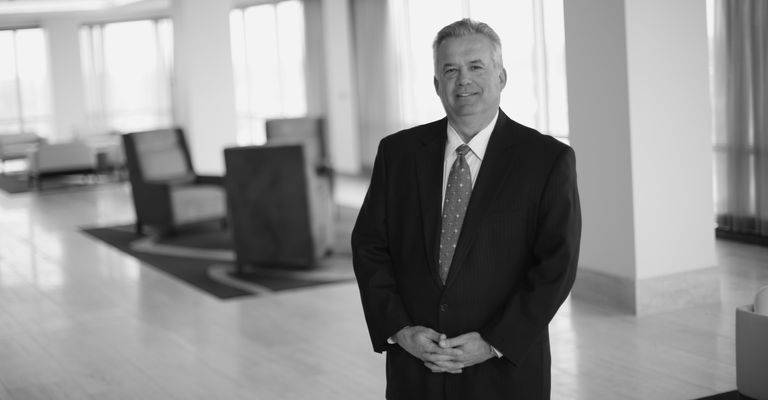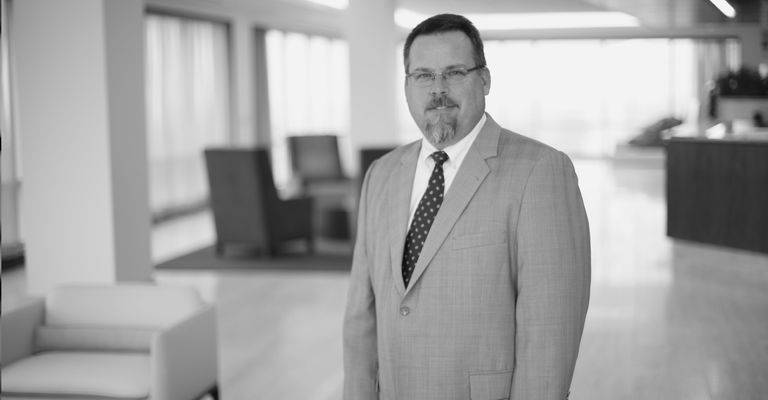Insights
U.S. - COVID-19 Paycheck Protection Program: PPP Loan Forgiveness And Loan Review Regs Answer More Questions
May 27, 2020Summary
The Small Business Administration’s (“SBA”) release of an Interim Final Rule on loan forgiveness and an Interim Final Rule on SBA loan review procedures, each under the Paycheck Protection Program (“PPP”), add additional clarity to the PPP loan forgiveness application previously released.
Although the interim final rule promises that it provides “a high degree of certainty to PPP borrowers,” all borrowers should continue to consult their lawyers and accounting professionals as they prepare to apply for loan forgiveness. Borrowers should remain aware that the official guidance is changing weekly, if not daily. We continue to note that the applications for PPP loans were revised after being initially provided, and while we have no reason to believe the loan forgiveness application will necessarily be revised at this point, the possibility remains.
Forgiveness Process
The Interim Final Rule confirms several aspects of the process for borrowers seeking forgiveness of their Paycheck Protection Program loan. First, borrowers will need to complete and submit the loan forgiveness application (either the SBA’s form or their lender’s equivalent) to their lender. Then, lenders will review the application and make the determination regarding loan forgiveness. The SBA indicated that lenders are expected to undertake a good-faith review of the borrower’s calculations and supporting documents, but the borrower is ultimately responsible for the accuracy of its reported information and calculations.
Within 60 days after receipt of a loan forgiveness application, the lender must issue a decision. The lender may approve forgiveness (in full or in part), deny forgiveness, or deny forgiveness without prejudice due to a pending SBA review. If denied without prejudice due to a pending SBA review, the borrower may subsequently re-apply for forgiveness when the SBA review is completed (assuming a positive review). If the lender denies forgiveness, notice must be given to the borrower. The borrower then has 30 days in which it may request SBA review of the lender’s decision.
The lender is responsible for notifying the borrower of the forgiveness amount. If the forgiveness application is denied or only a portion of the loan is forgiven, any remaining balance will remain outstanding and payable in accordance with the terms of the PPP note.
SBA Review
The SBA has previously provided a safe harbor for borrowers under $2 million with regard to the good faith need certification. Specifically, the SBA’s review of PPP loans will apply this safe harbor: “Any borrower that, together with its affiliates, received PPP loans with an original principal amount of less than $2 million will be deemed to have made the required certification concerning the necessity of the loan request in good faith.”
However, the new Interim Final Rule emphasizes that the SBA may decide to review any PPP loan, regardless of size, with respect to eligibility, loan amounts and use of proceeds, and loan forgiveness amounts. These reviews can take place long after the forgiveness process, so all borrowers are strongly encouraged to retain PPP documentation in their files for at least six years after the loan is forgiven or repaid in full. The SBA also confirms that they will implement an appeal process in a future interim final rule.
Non-Payroll Costs
The Interim Final Rule provides additional clarity with respect to the timing of non-payroll costs, in a manner that should be appreciated by borrowers. A non-payroll cost is eligible for forgiveness if paid during the covered period or incurred during the covered period and paid on or before the next regular billing date. The interim final rule provides an example that explicitly makes clear that this may result in non-payroll costs exceeding a normal 8-week expenditure level.
The example assumes that a borrower’s covered period runs from June 1 through July 26th, that the borrower pays its May and June electricity bill during the covered period, and that the borrower also pays its July electricity bill on August 10, which is the next regular billing date. The Interim Final Rule confirms that borrowers can seek loan forgiveness with respect to the May and June electricity bills and the portion of the July electricity bill related to service through July 26th. The borrower would thus receive loan forgiveness for May electricity (incurred in May prior to the covered period and paid in June during the covered period), June electricity (paid in July during the covered period), and a portion of July electricity (incurred by July 26 and paid in August after the covered period).
Conversely, the Interim Final Rule also confirmed that advance payments of interest are not eligible for loan forgiveness.
Payroll Costs
The Interim Final Rule also clarifies several aspects of the forgivable payroll costs under the PPP. Although the same example with respect to electricity bills is not repeated, the language for covering payroll costs paid or incurred tracks the non-payroll costs. Accordingly, borrowers should be able to claim payroll costs for forgiveness equal to all payroll costs paid (when paychecks are distributed or ACH transactions are originated) and for any payroll costs incurred (when worked or, if not working but still on payroll, when scheduled to have worked) during the covered period and paid on or before the next regular payroll date.
The Interim Final Rule confirms that employee bonuses or hazard pay are considered a supplement to salary or wages and therefore are eligible for loan forgiveness, subject to the employee’s total compensation not exceeding $100,000 on an annualized basis (that is, $15,385 over the covered period).
Bonuses for owner-employees, partners and self-employed individuals, on the other hand, will generally not be eligible for loan forgiveness. The amount of loan forgiveness requested for owner-employees, partners and self-employed individuals’ payroll compensation can be no more than the lesser of 8/52 of 2019 compensation (that is, approximately 15.38 percent of 2019 compensation) or $15,385. Accordingly, unless there is sufficient bonus from 2019 to cover a bonus paid during the covered period, bonuses paid to owner-employees, partners, and self-employed individuals will not be eligible for forgiveness.
The Interim Final Rule also notes that no additional forgiveness will be provided for retirement or health insurance contributions for self-employed individuals or partners, as such expenses are paid out of their self-employment income (which is still capped as discussed above). This clarification appears consistent with Schedule A of the loan forgiveness application, which specifically seeks information on the amount paid for employer contributions to employee health insurance and retirement plans, but may require some adjustments to the records associated with such plans.
Future Changes?
Members of Congress and administration officials have continued to discuss other possible changes to the PPP, including the possibility of expanding the forgiveness period. Bryan Cave Leighton Paisner will continue to monitor all changes to the law, including a promised future interim final rule setting out an appeal process. An updated compendium of Bryan Cave Leighton Paisner’s resources and publications about the legal and policy responses to the COVID-19 pandemic is available here.
Related Practice Areas
-
Finance
-
Structured Finance
-
Financial Regulation Compliance & Investigations
-
Employment & Labor
-
Food & Beverage
-
Retail & Consumer Products





